
Welcome to the "De-escalation: 5 Early Years Strategies Class". Join Emily and explore the critical importance of using de-escalation techniques when children reach their emotional peak, helping them transition from heightened states to recovery.
You’ll delve into how children learn to label their emotions through our guidance and language, creating a roadmap of experiences that shape their unique emotional fingerprints. You will also discuss interoception, the internal sensory system that interprets signals from our bodies, and how understanding these signals can aid children in recognising and regulating their emotions.
Lastly, you will present real-world scenarios from early years environments, illustrating common emotional triggers and practical strategies to support children during these challenging moments. Join us as we journey through these essential aspects of emotional development and learn how to better support the young minds in our care.
Skills you'll learn:
- Implementing De-escalation Techniques: Learn how to effectively calm children down from heightened emotional states
- Respecting Personal Space: Understand and teach the importance of personal bubbles to ensure children feel safe and respected
- Emotional Regulation for Adults: Develop skills to manage your own emotions so providing a stable and calming presence
- Effective Communication: Use calm voices / eye contact and appropriate touch to connect with children
- Breathing and Regulation Tools: Practice and teach breathing techniques to help children and yourself stay calm
- Emotional Recognition: Help children identify and label their emotions accurately
- Empowering Children with Choices: Learn to offer choices to children giving them a sense of control during emotional moments
- Creating Safe Spaces: Design and utilise safe and cozy corners for children to retreat to when overwhelmed
- Observing and Responding to Cues: Improve your ability to read children’s emotional and physical cues for better support
- Promoting Emotional Literacy: Enhance children’s ability to understand and articulate their own emotions through guided conversations and tools.

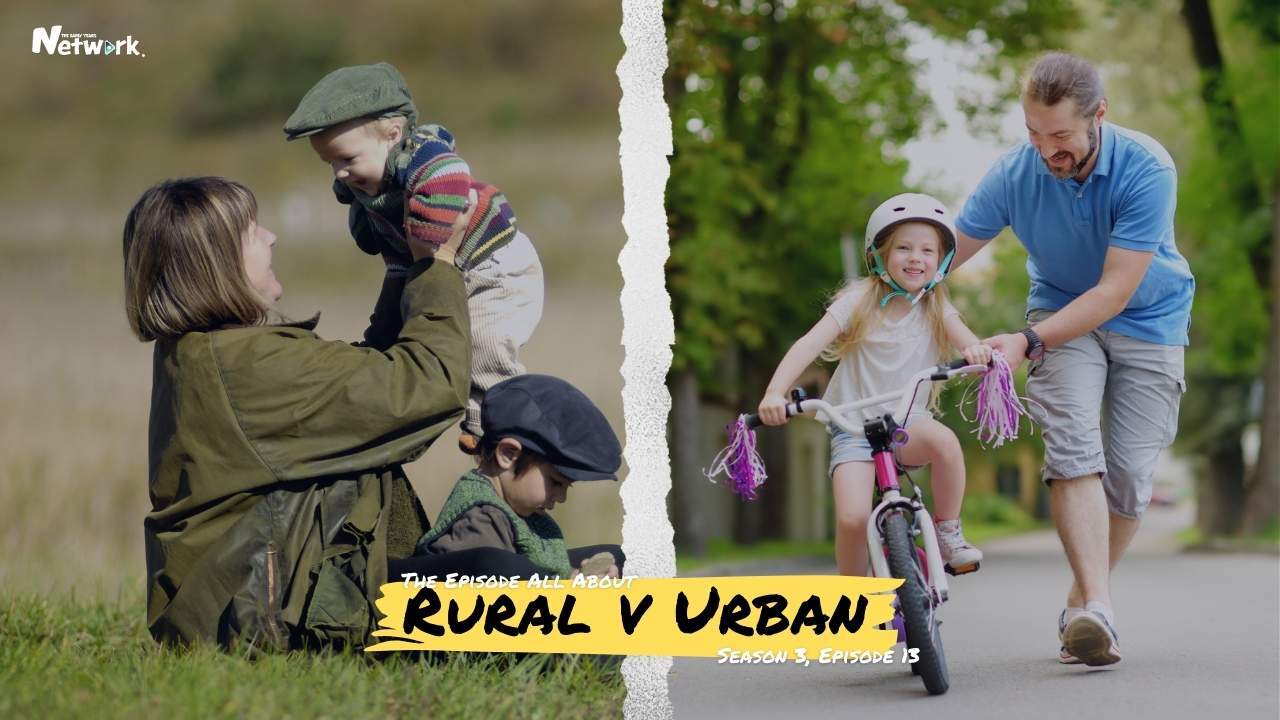


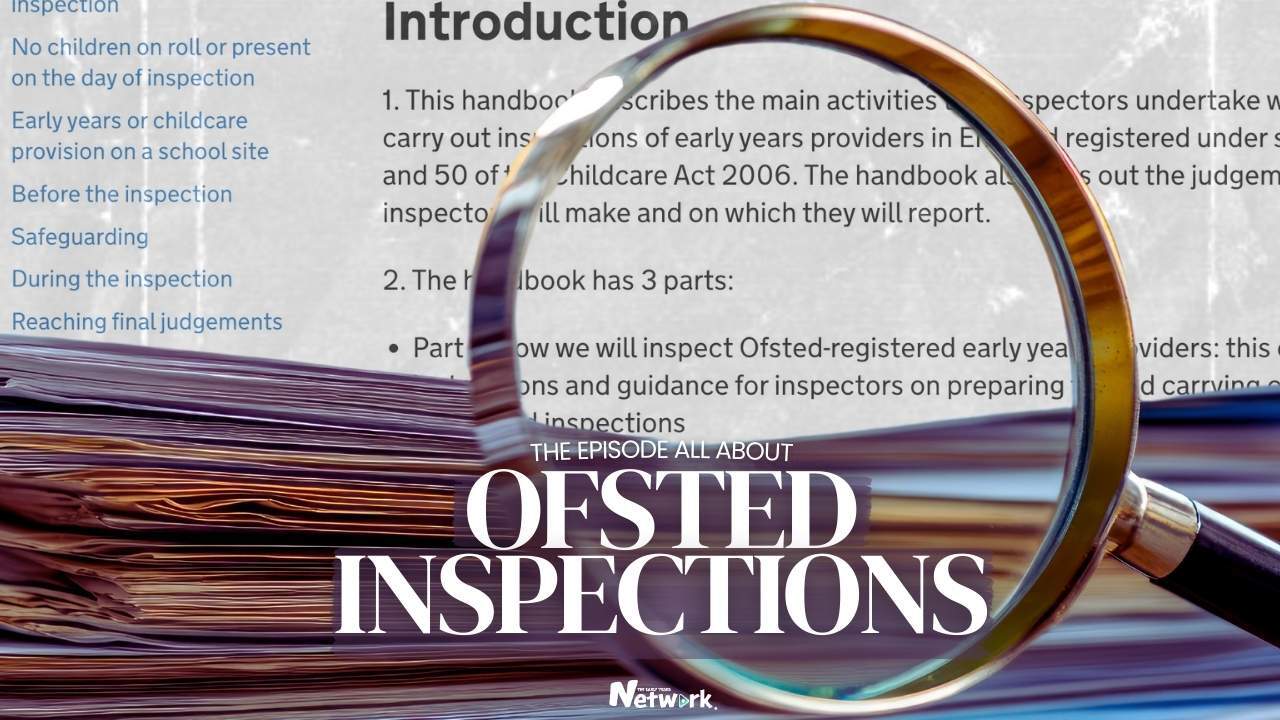
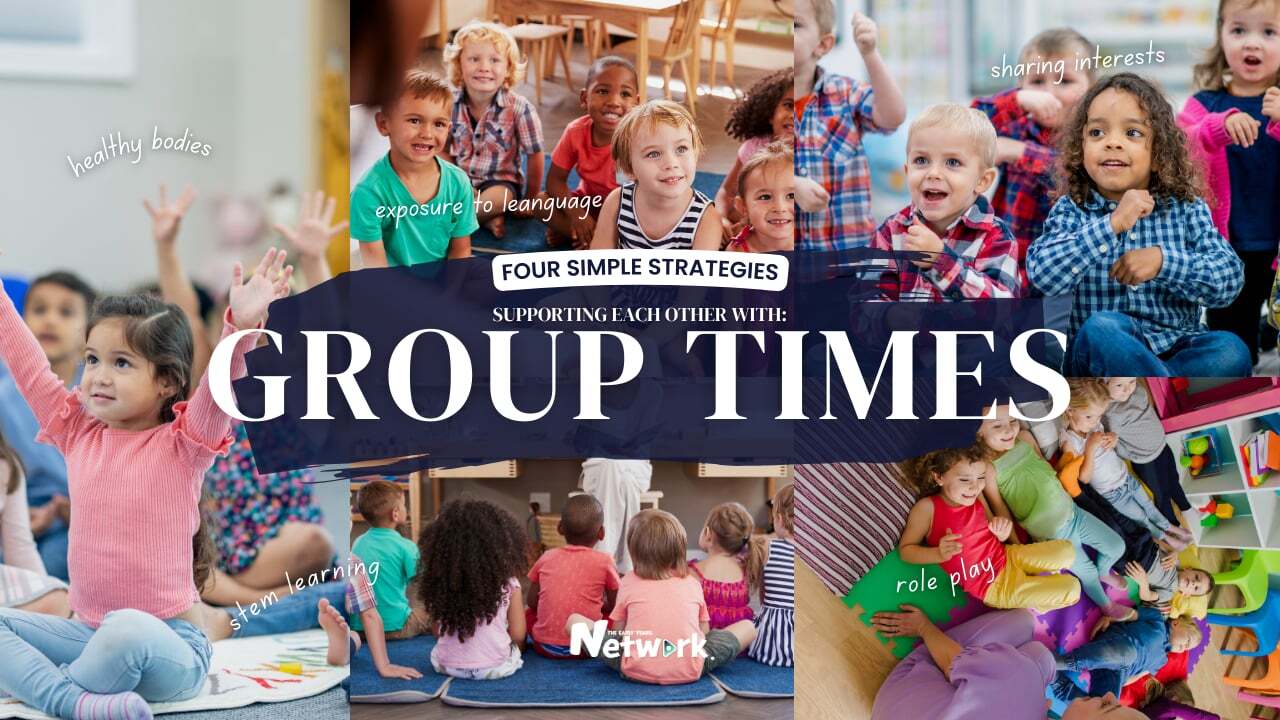
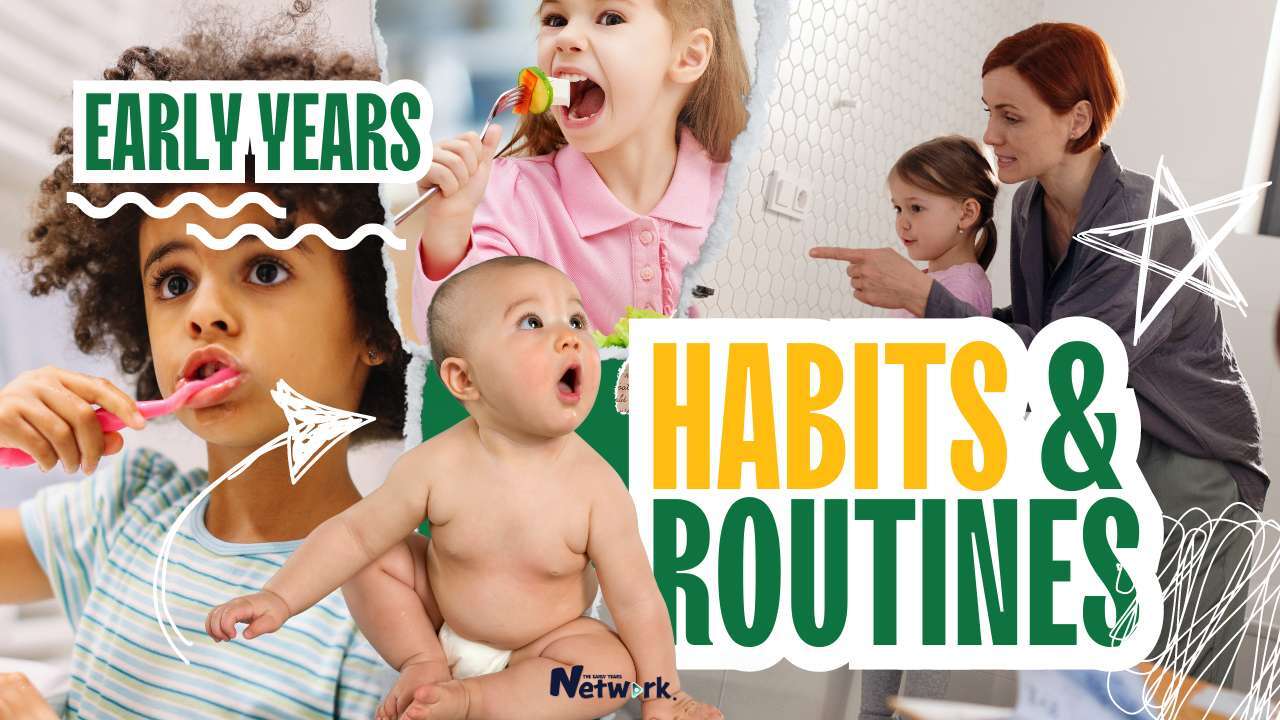
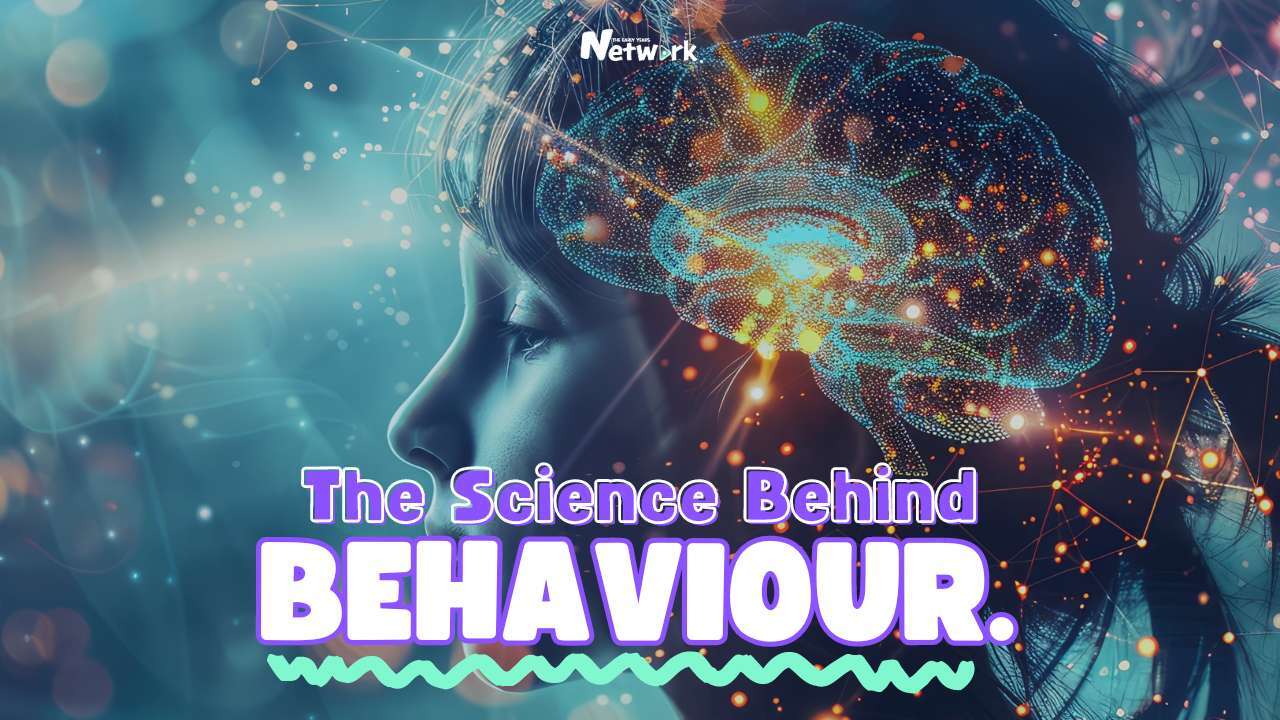

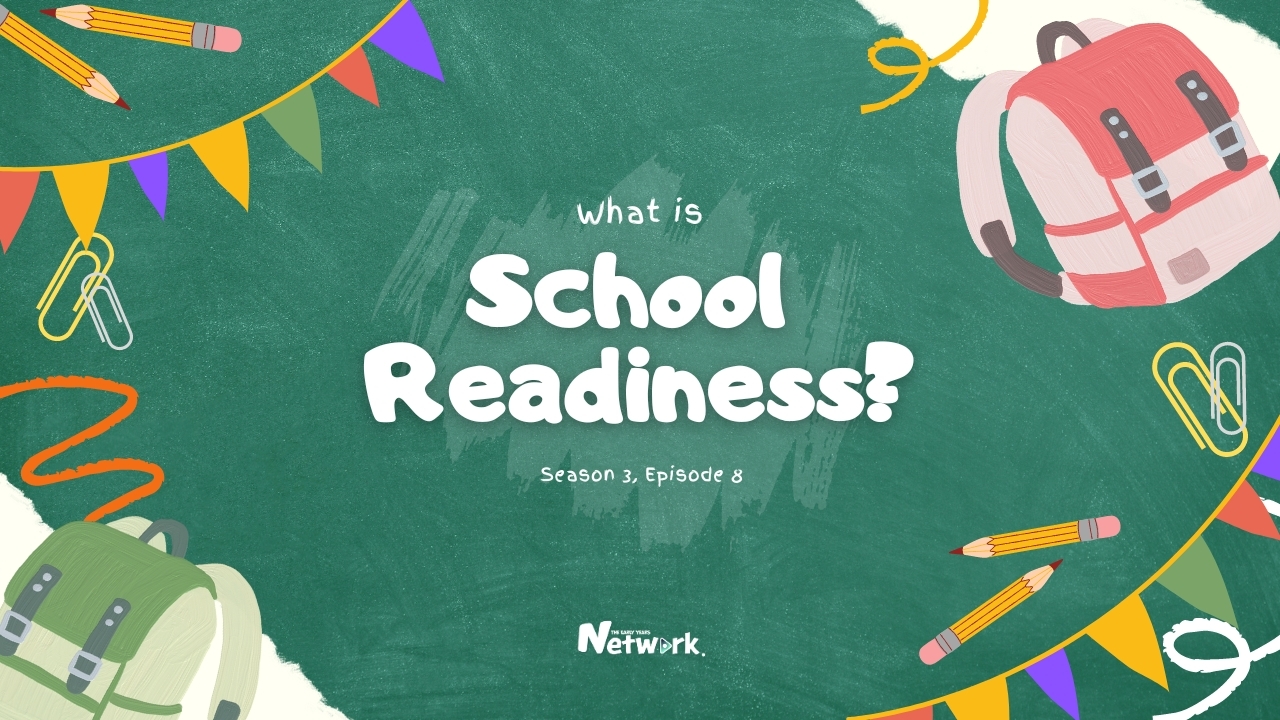





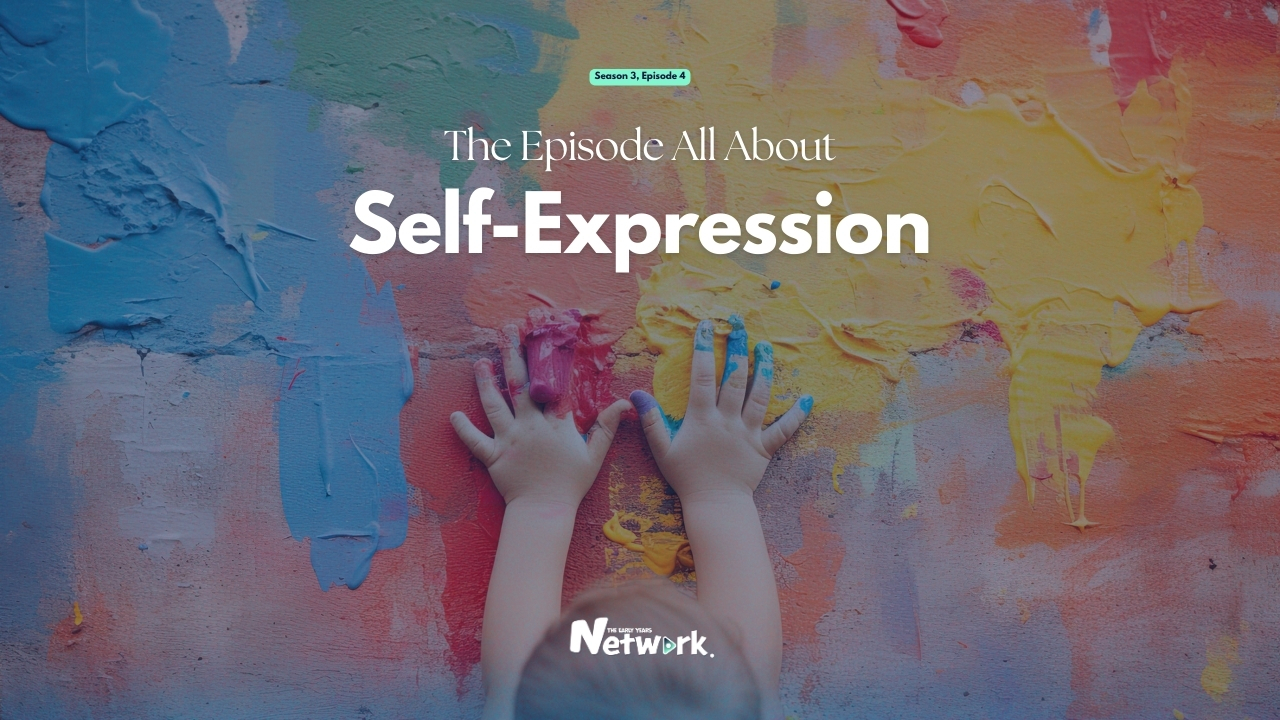


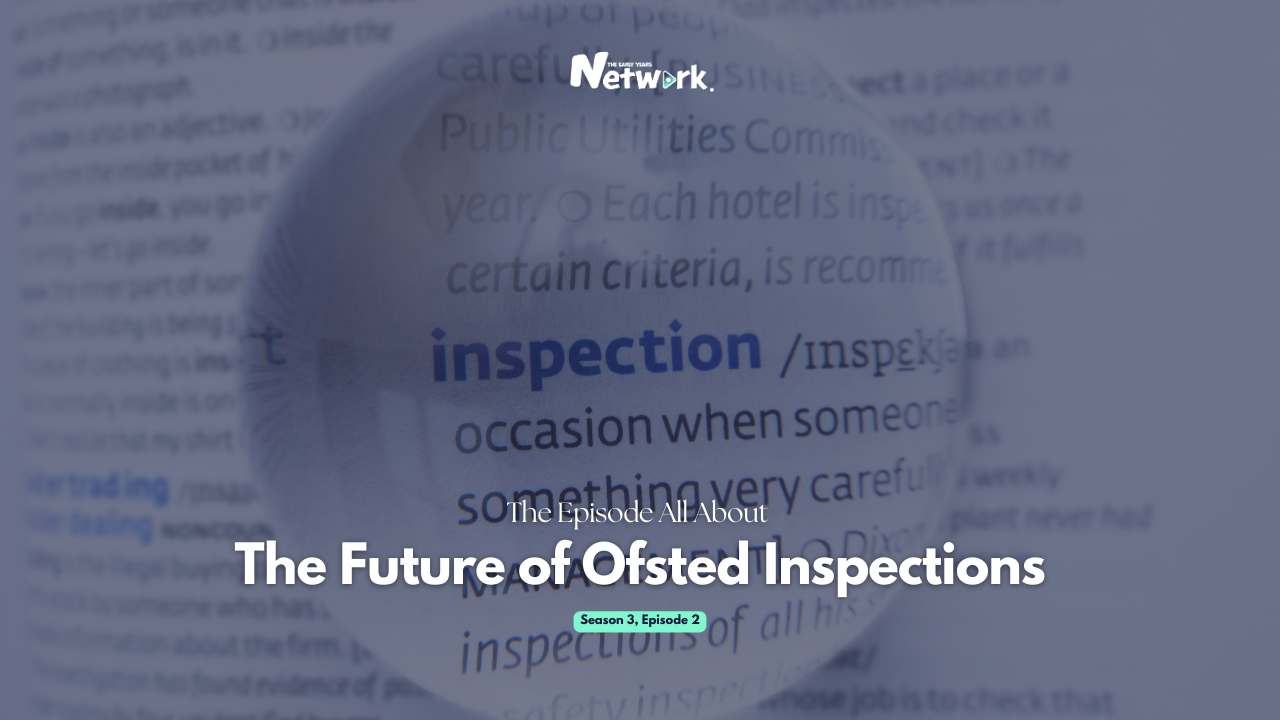





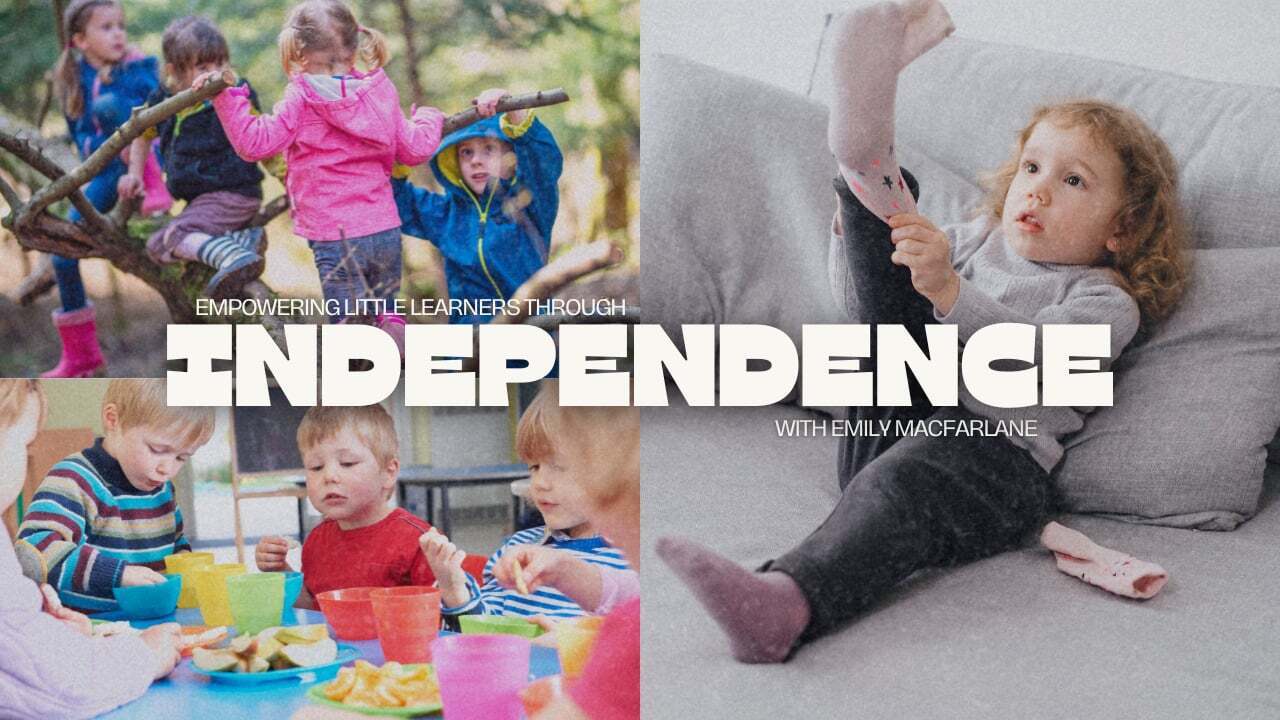





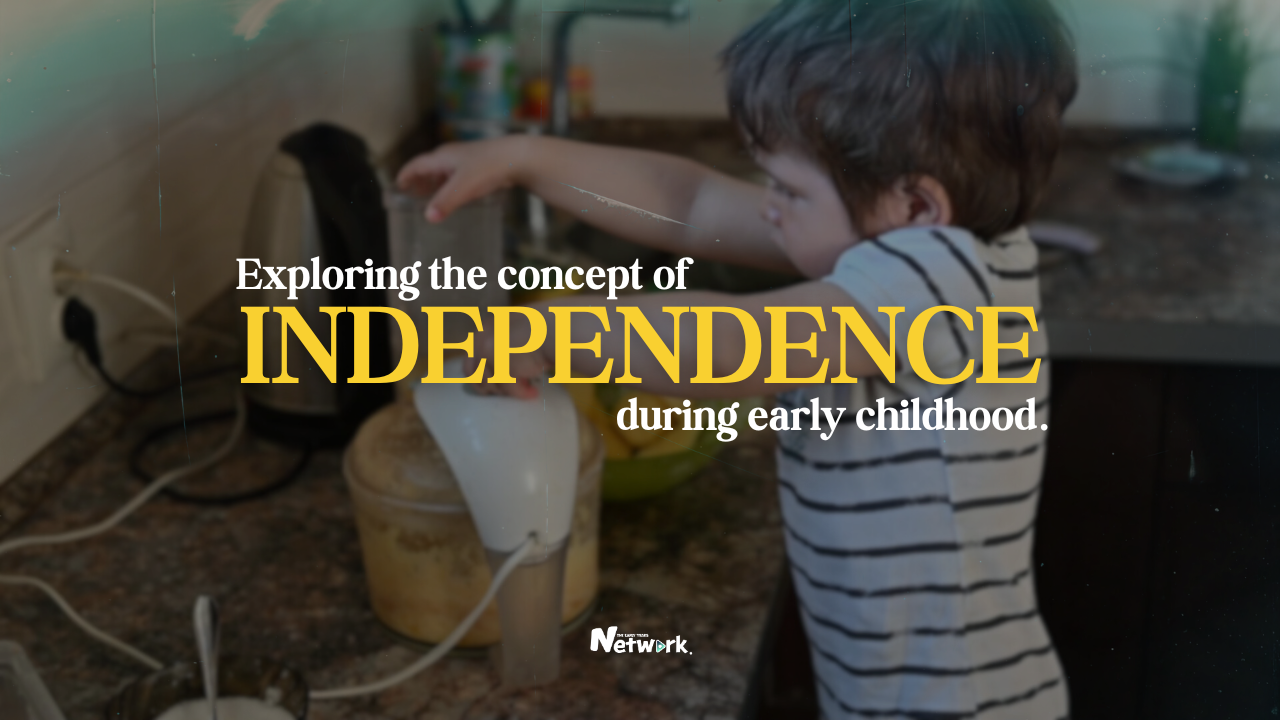
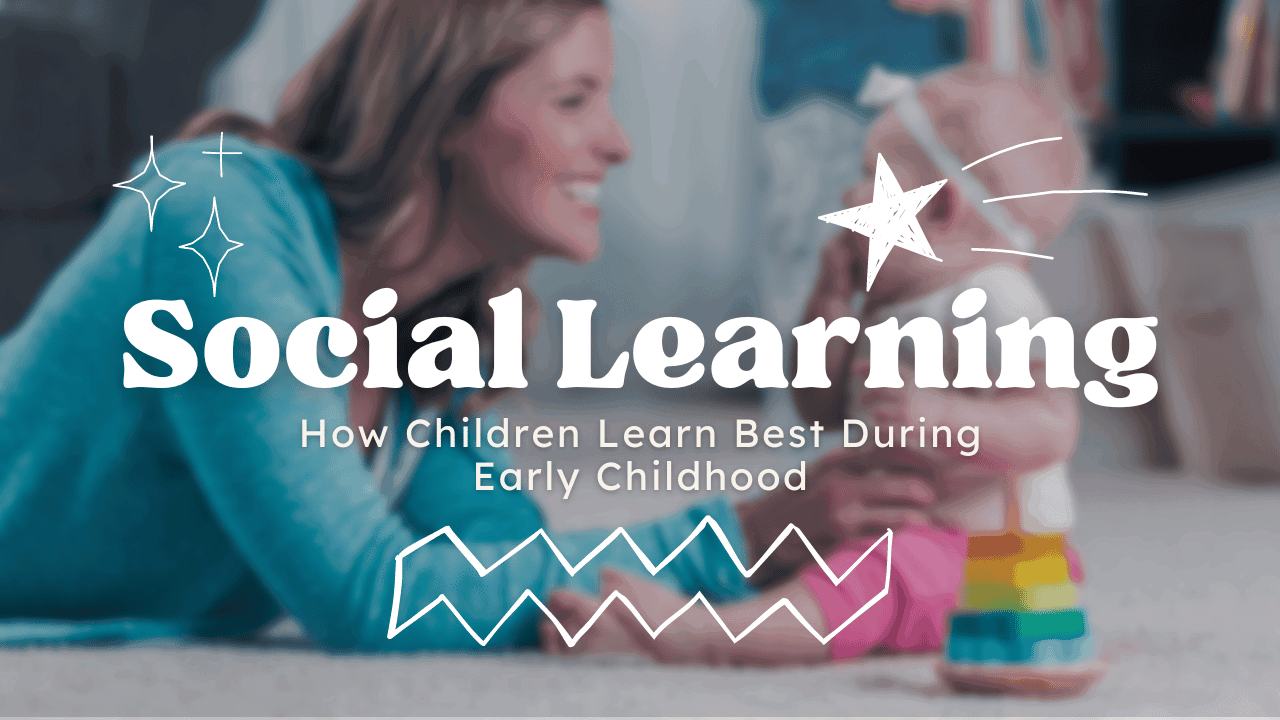


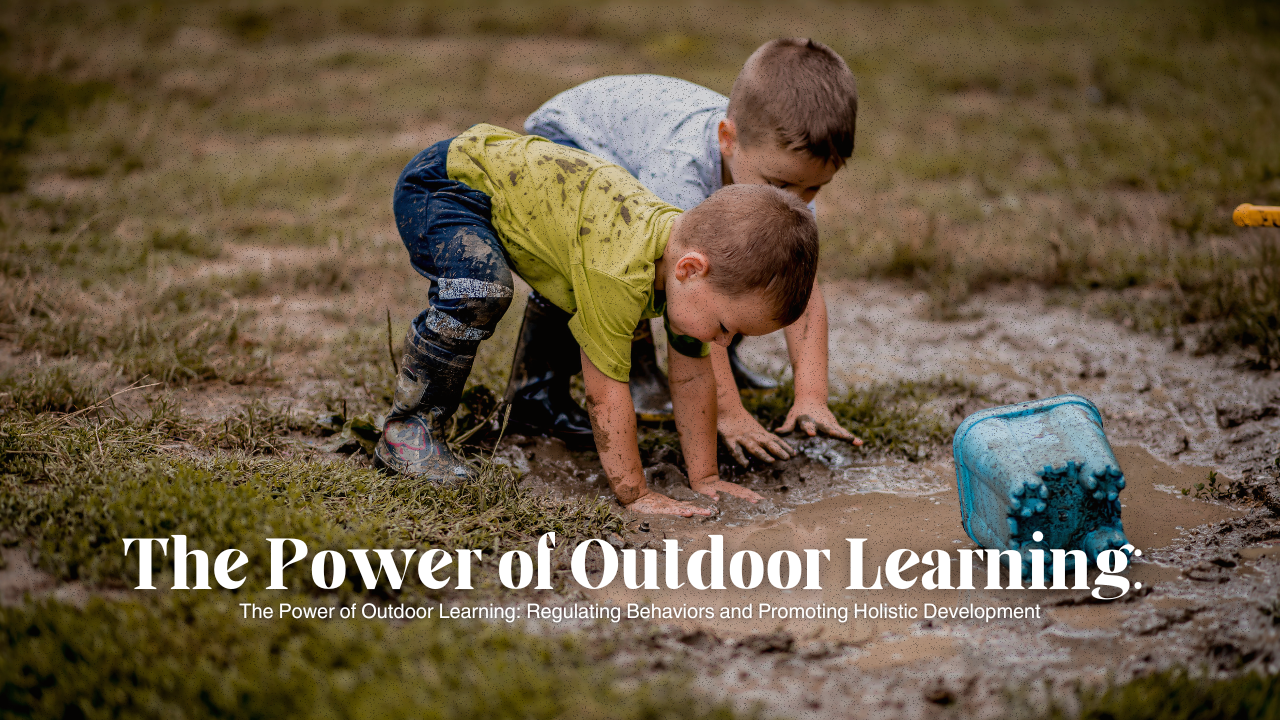

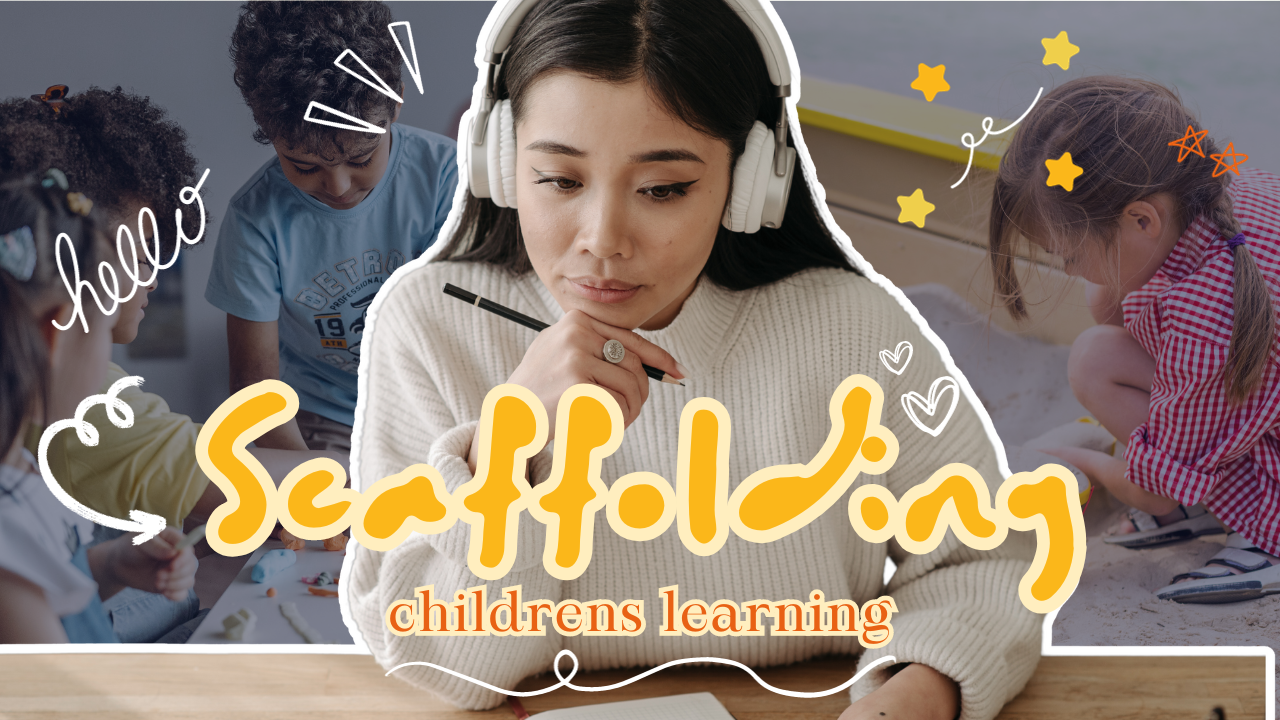

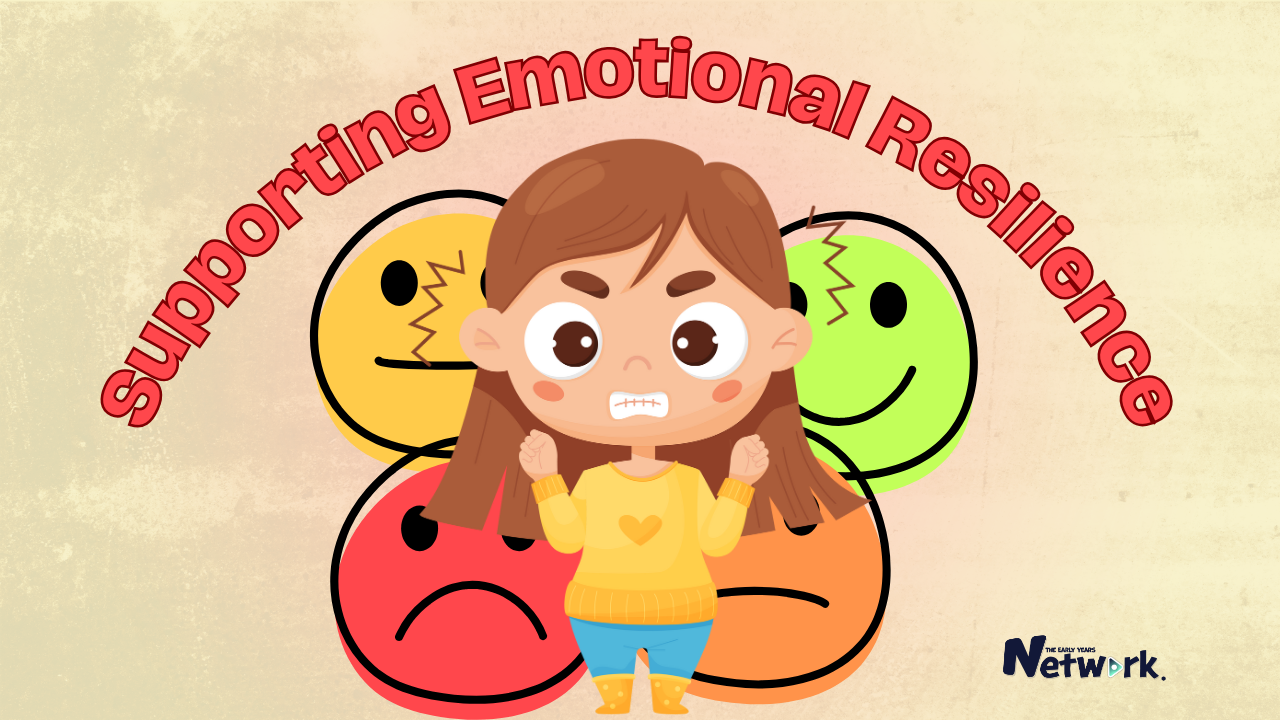
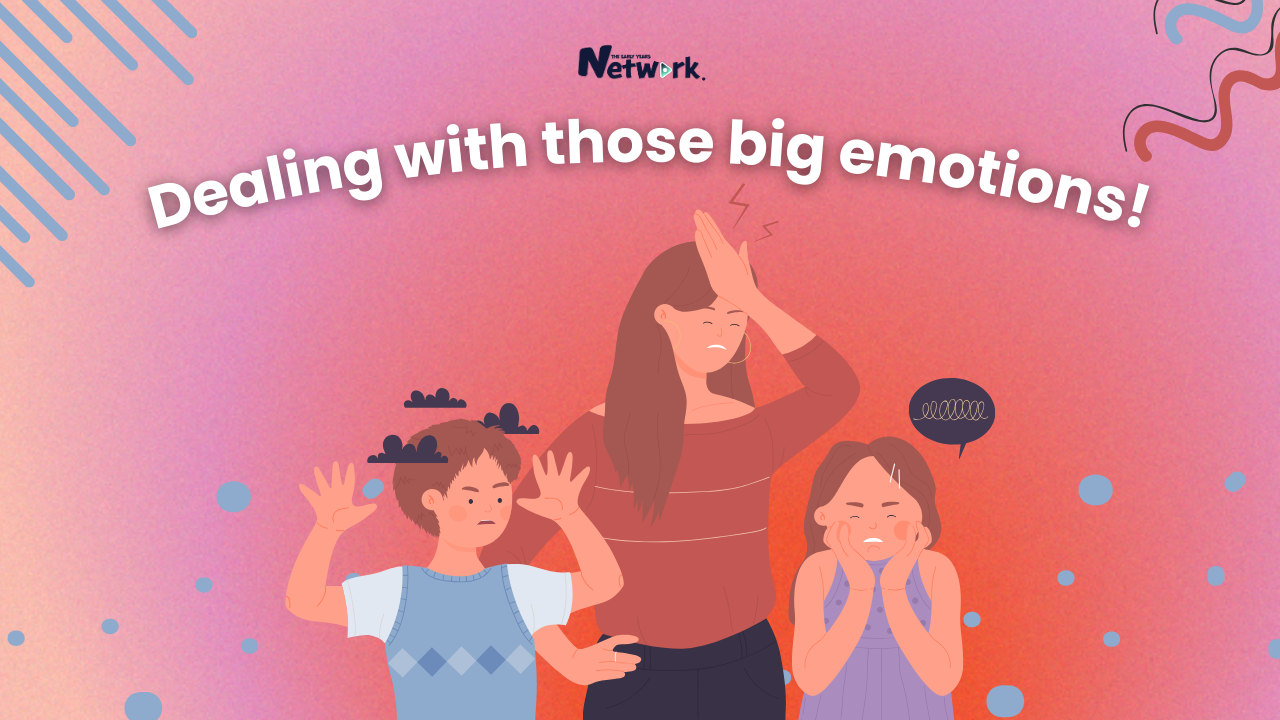

Comments 0
Leave a comment
Only your name will be published. Required fields are marked *